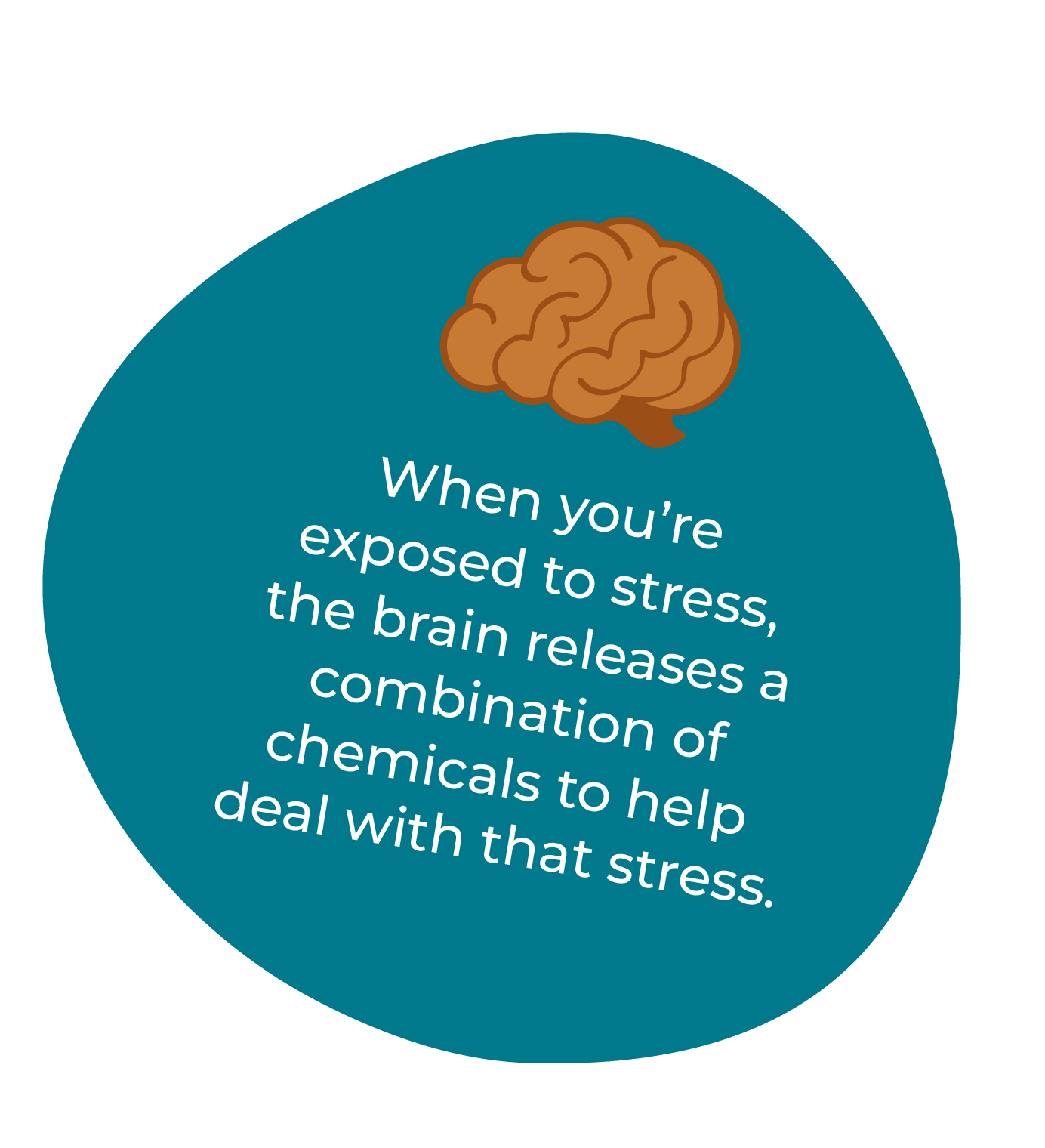Effects of Homelessness
Experiencing homelessness is hard
Families work hard every day at their jobs, getting their kids to and from school all over town, and trying to find an affordable place to rent. All while not having a place for kids to do their homework, eat dinner, or brush their teeth.
But it’s more than just trying to raise a family without a home
Brain science helps us understand what’s going on in the brain when someone experiences something as stressful as homelessness.
Survival mode
When you’re experiencing distress, you can’t learn new skills or pay attention at school because survival mode literally turns off the part of the brain that’s responsible for critical thinking, language, and logic. Survival mode makes it so you can only concentrate on survival – food, shelter, clothing, and hygiene. The brain doesn’t have critical thinking and logic available, so the world is confusing.
The Result: People feel unsafe, depressed, overwhelmed, and hopeless. This hopelessness leads to engaging in harmful behavior like unprotected sex, substance abuse, and criminal activity. These activities lead to disease and disability, which leads to early death.



